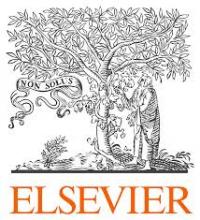Resource information
The smallpox eradication campaign operated in Ethiopia from 1970 until 1977. During this time Ethiopia had only 84 hospitals, 64 health centres and fewer than 400 physicians in a country of 25 million people. In 1970 smallpox vaccination was relatively unknown in the country, and the government actually contested the fact that smallpox was present in the country. Most of the resources of the Ministry of Health were used for malaria eradication. Initial pessimism from the Ministry of Health and others was eventually overcome as the smallpox eradication campaign continued to pick up steam but many remained unenthusiastic. Ethiopia was the first country in the world to start its smallpox eradication campaign from day one with the strategy of “Surveillance and Containment”. Establishing a surveillance system in a country with a limited health infrastructure was a daunting challenge. At the end of the first year of the programme in 1971, 26,000 cases of smallpox had been registered through the growing surveillance system. Throughout revolution of 1974 the smallpox campaign was the only UN program to operate in the country; in fact it expanded with the hire of many locals leading to a “nationalized” program. This development ushered in the most successful final phase of the program. As the program progressed cases were diminishing in most regions, however transmission continued in the Ogaden desert. Over the course of the campaign approximately 14.3 million US dollars was spent. Working conditions were extremely challenging and a variety of chiefs, guerrillas, landowners and governments had to be appeased. The programme was successful due to the dedicated national and international staff on the ground and by having the full support of the WHO HQ in Geneva.



